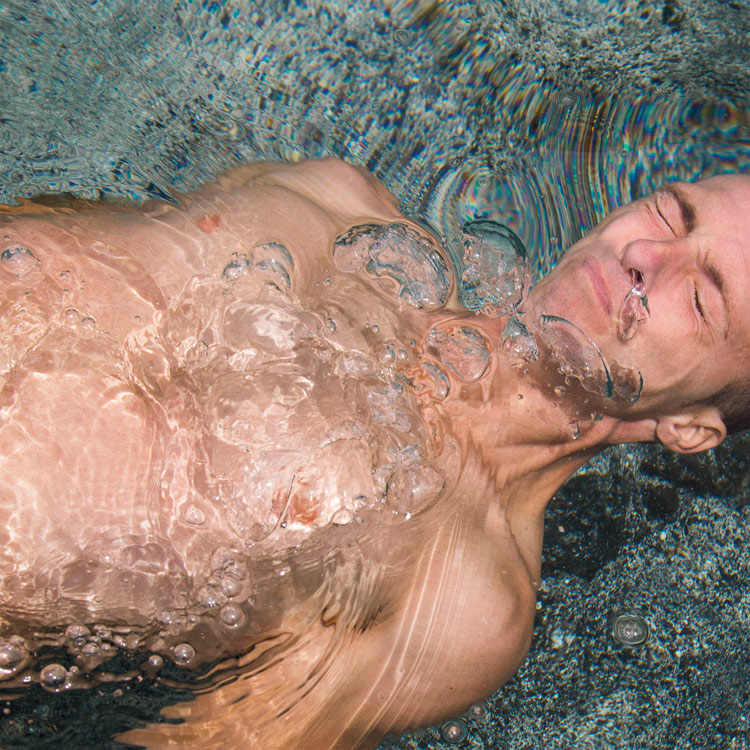Anti-vaxxers need to be called out for their movement to be stopped

Anti-vaxxers, also known as people who are opposed to vaccination, typically a parent who refuses to vaccinate their child, must be stopped. The anti-vaccination movement, which continues to grow, is a main source of worry for scientists who are sure vaccines work, but it should also be one for the rest of us. Measles (among other diseases) is on the rise once again, and reviews found that there is a correlation between the two problems. Here’s what is wrong with anti-vaxxers and what needs to be done.
The anti-vaccination movement comes from the idea that there’s a connection between vaccination and autism, as well as other brain disorders. This idea rests upon no scientific evidence, but as you’ve probably realised by now, the same can be said about many other beliefs in our increasingly disbelieving world.

Measles is a disease more contagious than Tuberculosis or Ebola, yet it is easily preventable with a vaccine that barely costs anything. When measles was declared to be eliminated in the U.S. in 2000, everyone thought—rightly so—that it was thanks to vaccines. And yet here we are, in 2019, with parents knowingly withholding their children from something that could save them from potential brain damage and death. According to the World Health Organization (WHO), in 2018 measles cases in the U.S. went up six-fold while they tripled across Europe.
The situation is so bad that even Trump, who only a year ago ‘flirted’ with notorious anti-vaxxers and repeatedly linked vaccinations to autism, declared that people “have to get their shots”. In other words, if even Trump takes these outbreaks seriously, this is not something to disregard. This entirely preventable emergency that started in March this year should be a lesson to everyone about how unfortunate a world without vaccines would be.
A few months after the outbreak, anti-vaxxers are still going strong, lowering herd immunity quickly. In the U.K., Prince Charles’ mission to save homeopathy is reenforcing the public’s distrust in medical science. How? By promoting homeopathy as a miracle remedy, one that hasn’t been provided by the NHS since 2017 and has been described by its chief executive Simon Stevens as “at best a placebo and a misuse of scarce NHS funds”.
This is what herd immunity looks like:
— Seth Berkley (@DrSethBerkley) February 22, 2017
(via @marziehg) #vaccineswork pic.twitter.com/oRGRQphl4G
The anti-vaccination movement comes exactly from the growing public distrust of vaccines, but also in science, in the government, and in the pharmaceutical industry more broadly. So what can we do, really, apart from making vaccines mandatory for everyone? Tackling fake news and misinformation, especially fake medical news on social media, would be a first step.
In March 2016, even Robert De Niro dabbled in this affair by promoting the anti-vaccination documentary Vaxxed: From Cover-Up to Catastrophe and pushing for the film to be featured in the Tribeca Film Festival. A few days after, De Niro decided not to include the film, most likely realising the larger-scale impact that this could have on the country’s already declining health.
Lastly, it shouldn’t be forgotten that more people are involved in the whole vaccination drama and therefore should be held accountable. Health professionals have to take accountability or be made to do so in this matter as well. We need to ensure that doctors giving shots are equipped with concrete information and available to talk to those who have concerns, so that parents can feel like they’re making well-informed decisions.
Conspiracy theories are fine and should be left alone to thrive on Reddit as long as they’re not hurting people in the process. People that don’t make the effort to promote vaccination are unknowingly allowing anti-vaxxers to do their damage. Anti-vaxxers should be called out—by the government, by doctors, by you, me—so that putting kids’ vaccination ‘on hold’ becomes shocking and taboo again. It’s a matter of life and death.





